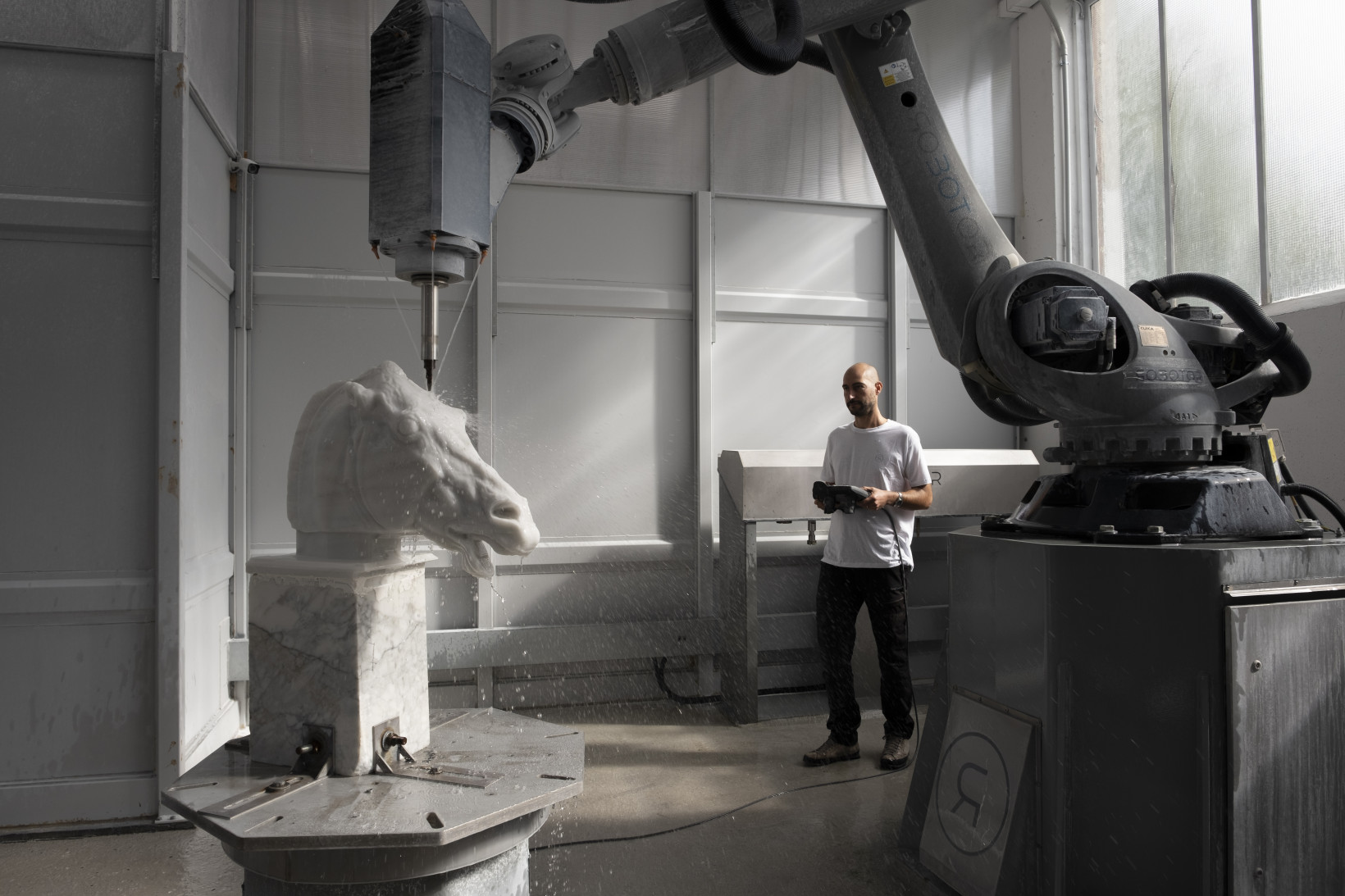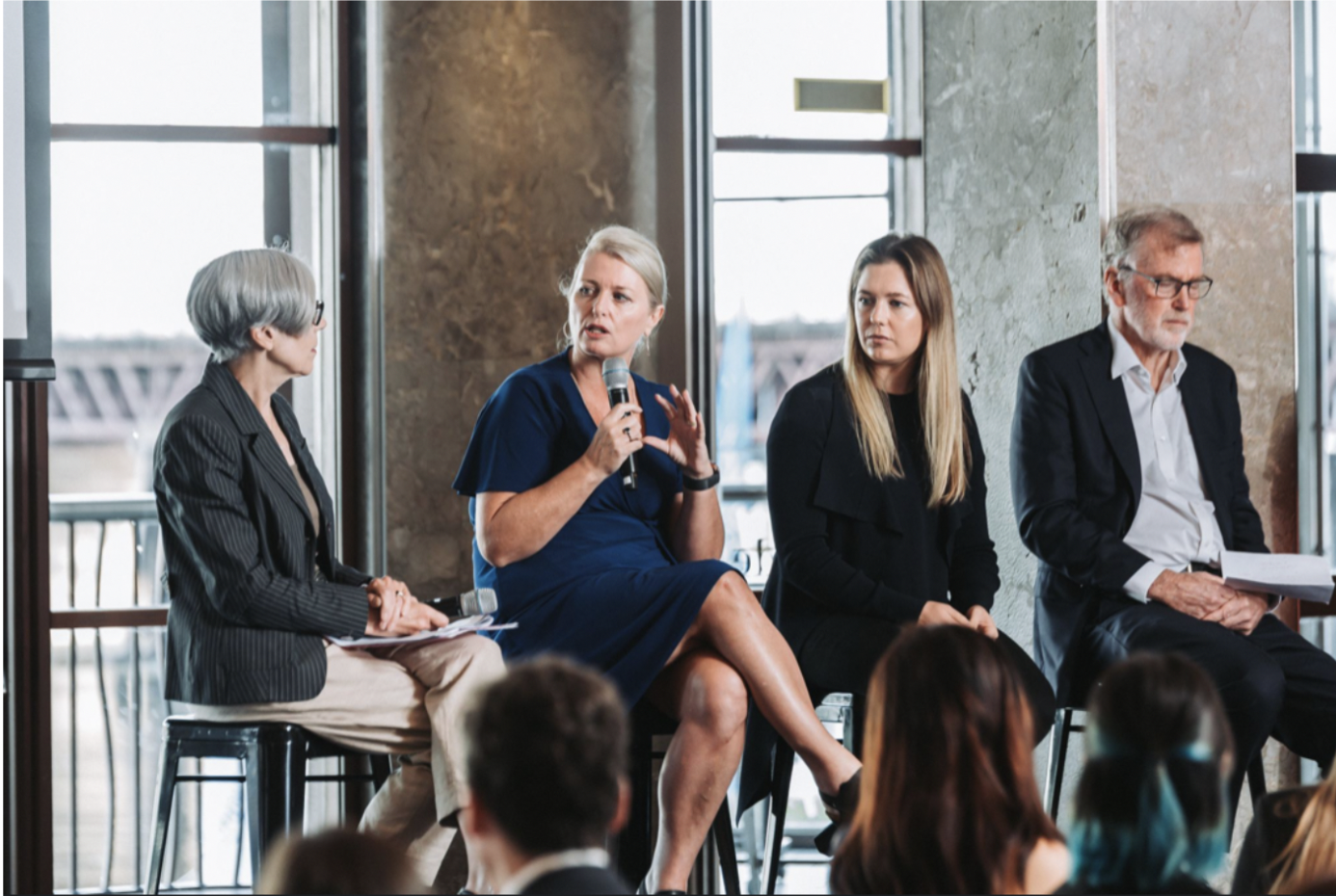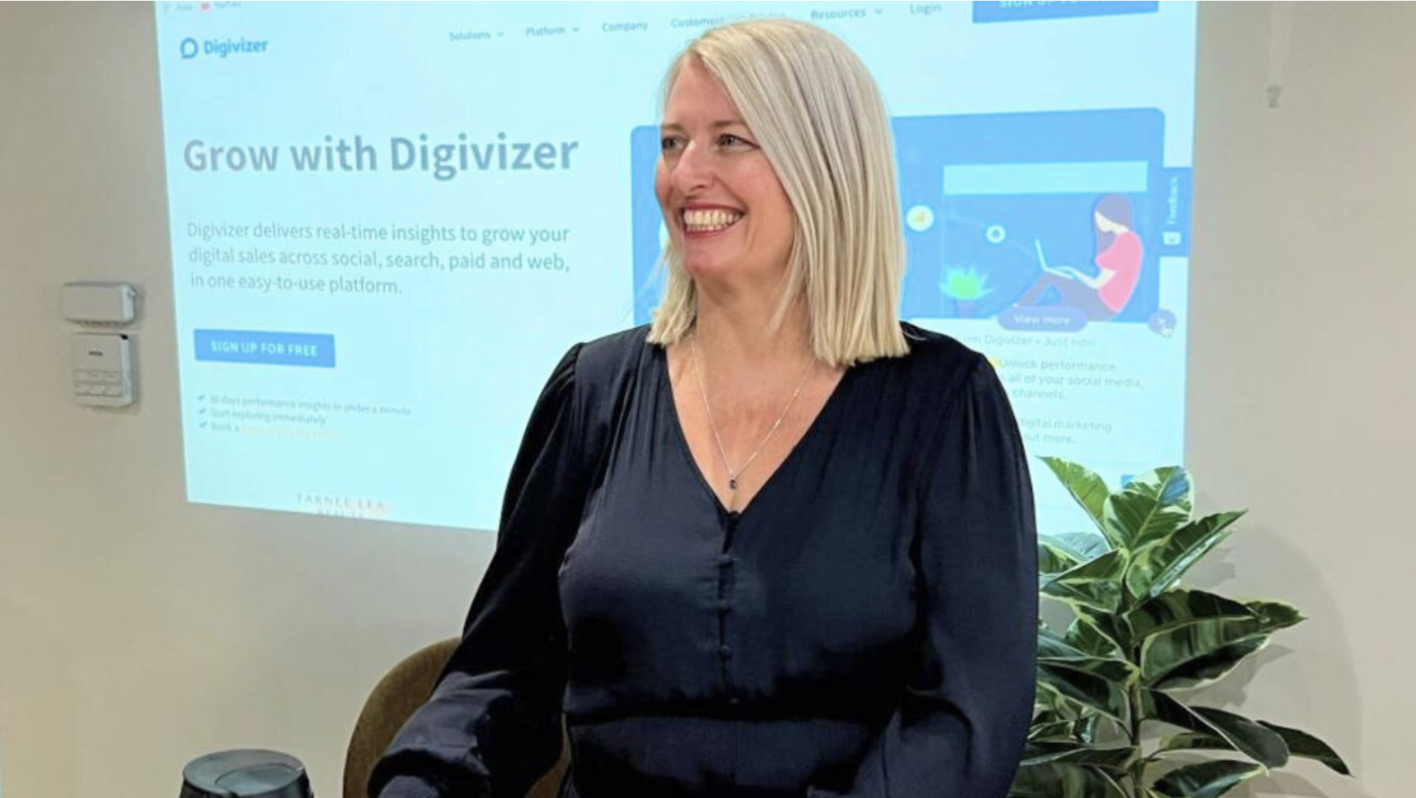After 15 years as a martech founder, you’d think I’d be used to watching companies make the same mistakes with every new technology cycle. But this AI wave has me fascinated – not by the technology itself, but by how predictably companies are responding to it.
I’ve been reading the tech headlines, and there’s something almost amusing about the contradictions. Salesforce cuts 4,000 customer service roles for AI whilst OpenAI hires a human content strategist. Duolingo declares they’ll replace contractors with AI, then walks it back after massive backlash. Spotify lays off their data engineers who create the famous, “Wrapped” end of year activation only to deliver such a disappointing AI version that fans demand the return of “chronically online data analysts with a sense of humour.”
These examples confirm what I’ve always seen when it comes to new tech. People split into two camps: either convinced the new technology will replace us all, or scared they’re getting left behind so they’re implementing solutions just because they think they have to. In this AI cycle, we are seeing exactly the same phenomena.
Here’s what both camps are missing: every new technology is just a tool. The magic isn’t in the tool itself – it’s in the strategic thinking and expertise you’re amplifying with it. Companies with genuine strategic thinking will use these tools to pull ahead. Those without it will just get faster at being average.
MIT recently published research that confirms this. They found 95% of organizations saw zero return despite $30-40 billion in AI investment. The problem wasn’t the technology – companies were treating AI like a magic wand instead of understanding it as an amplifier. The 5% that succeeded focused on specific expertise areas and bought solutions from specialists for tasks that they knew would actually solve a problem.
The whole AI thing reminds me of that Einstein quote about insanity – doing the same thing over and over and expecting different results. After 15 years in this industry, I’ve learned there’s a better way through these cycles.
The Expertise Premium in Action
So what does that better way look like? That strategic thinking I mentioned earlier – that’s what I call the expertise premium. When everything can be automated, genuine strategic thinking becomes your most valuable differentiator.
Digivizer, at the base, is a data technology company. But the value our customers kept asking for was for strategic guidance on how to best use the intelligence we provided. They valued our expertise and needed it in interpreting, prioritizing and actioning the insights, not just in providing access to valuable performance data.
Working with a bank during their digital transformation was a classic example of this. As they were digitizing their existing processes – they completely rethought how banking relationships could work in a connected world and how they could leverage that. That strategic thinking, amplified by technology,our trustworthy data intelligence and expertise in how to action it, created competitive advantages and an online growth rate their competitors couldn’t match. They built an expertise premium.
Compare that to other clients I’ve worked with who rushed to automate their marketing. They had the same tools as everyone else but hadn’t really thought through what made their brands different. They ended up with faster execution of average strategies – which just meant producing mediocre results more efficiently. They fell into the commodity trap.
The bank’s expertise premium – their deep understanding of customer relationships and their own capabilities – created lasting competitive advantages that their competitors couldn’t replicate, while many other companies didn’t stop to think what their real expertise premium could be in a saturated market and found themselves competing on the same terms as everyone else using the same automated processes.
So how can you avoid this trap and identify and build your own expertise premium that creates lasting advantages?
How to Build Your Expertise Premium
When approaching how to master this expertise premium for yourself, you need to think about the following:
- What do you do that takes years to master? This is your deep knowledge. It could be understanding customer behavior in your specific market, knowing how to navigate complex regulations, or having insights about what actually drives results in your industry.
- Where do you think differently than your competitors? This is your strategic thinking. Maybe you’ve figured out a better way to serve customers, or you’ve identified opportunities others miss, or you’ve developed approaches that work when standard methods don’t.
- What impact do you create that others can’t? This is your measurable value. Look for areas where your intervention creates results that competitors struggle to replicate – whether that’s customer retention, cost savings, or growth acceleration.
The intersection of these three areas is your expertise premium – the strategic thinking that can’t be automated, built from knowledge that takes years to develop and the ability to solve problems in ways your competitors can’t. This expertise premium is what you’ll amplify with technology solutions like AI. And there’s never been a better time to do it.
Whatever you do – do not try and automate or outsource the key thing that differentiates you.
Your Opportunity Right Now
What’s happening right now is this perfect storm – AI is reshaping industries and economic pressure is making boards scrutinize every investment and think AI can be the reason they can demand head count and cost reductions. I know it feels urgent to jump on what seems like a fleeting opportunity, but don’t be distracted by jumping on to the AI train for the sake of it.
Use the three questions I shared to identify your expertise premium, then use AI to amplify those strengths. Ensure your great people are free to deliver more value that will delight your customers, engage them more powerfully that ultimately leads to better long term economic results.
This is how you position your business as the expert in your market and build competitive advantages that will matter for years to come, not just another company following the latest technology trends.
What strategic thinking does your business have that competitors struggle to replicate? If you’re looking for guidance on identifying and building your expertise premium, and learning from marketing intelligence you can trust, I’d love to explore what that could look like for your business.










